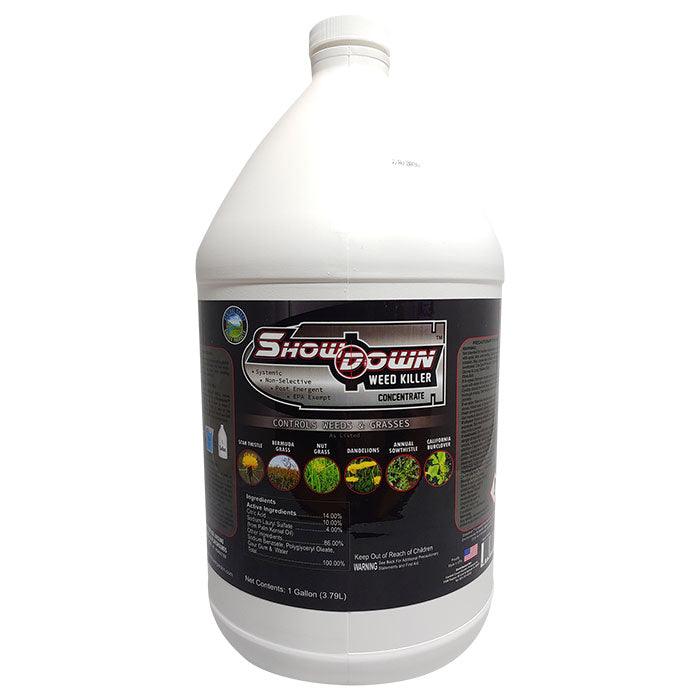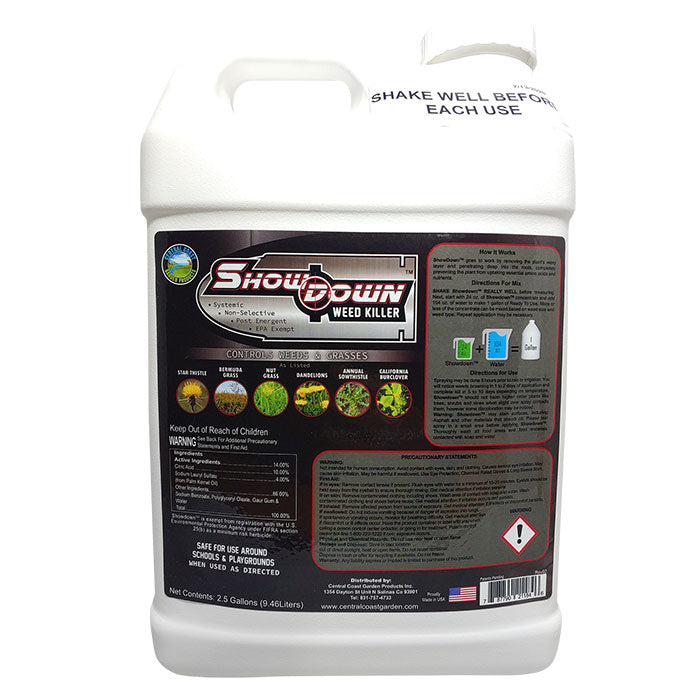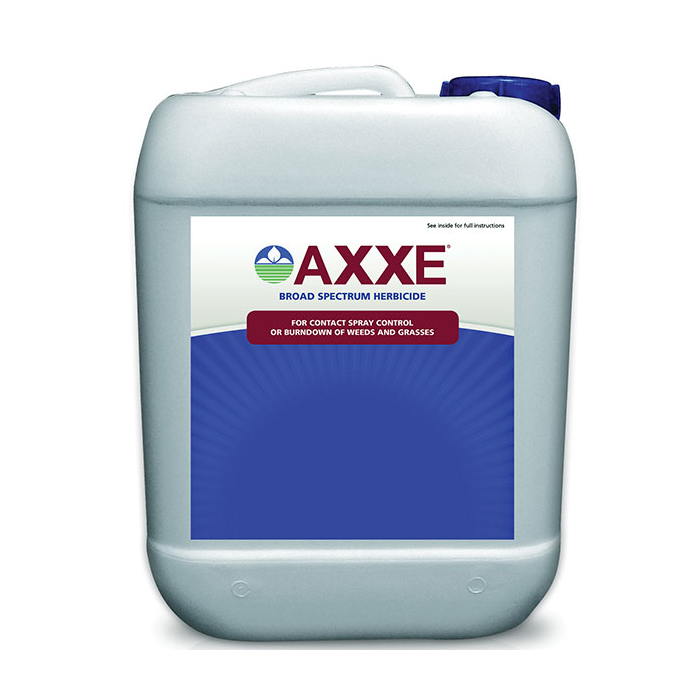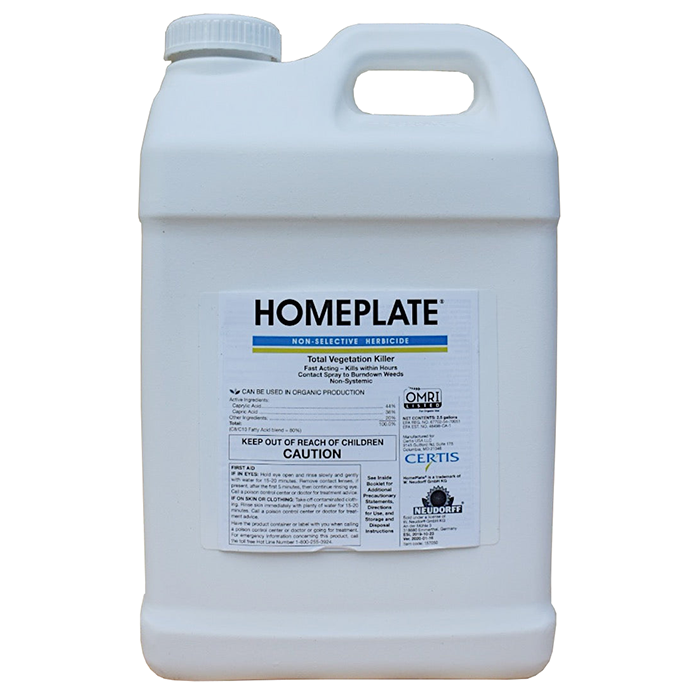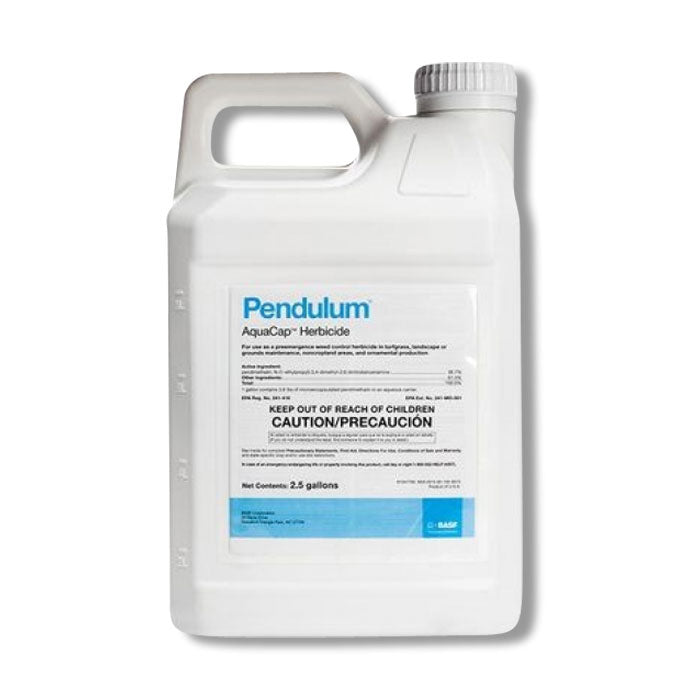Herbicide Weed Control
Herbicides For Weed Control And More
What are Herbicides?
Herbicides are chemicals used to control unwanted plants, mainly preventing weeds. Herbicide application occurs most frequently in row-crop farming. They are applied before or during planting to maximize crop productivity by minimizing other vegetation.
Chemical control has been an important tool for managing weeds in crops and home landscapes for many years. Many of today’s herbicides are more effective and selective. These traits make them less harmful to the environment when they are used properly. Although herbicides are widely used, few people understand how they work to control unwanted plants.
Selective herbicides control certain types of weeds, while leaving the desired crop relatively unharmed. Non selective herbicides can be used for waste ground, construction sites, railways, and embankments as they kill all plants they contact.
Applying Herbicides
Generally speaking, herbicides are applied either pre emergence or post emergence. That means they are applied either before or after weeds emerge from the soil and begin to grow. Pre emergent herbicides kill weeds shortly after they germinate or emerge through the soil surface.
Post emergent herbicides control weeds that are already growing and easily visible. You should apply a pre emergent herbicide two to three times a year along with a post emergent. This will help to keep your yard free of weeds.
Some herbicides are applied to the soil and are taken up by seedling plant roots or shoots. They are said to have soil activity. Herbicides that are applied to plant foliage have foliar activity.
Some herbicides have both. Herbicides with a high degree of soil activity usually are applied preemergence. Pre emergent herbicides are more often used on annual weeds as opposed to perennial weeds.
Early Spring is the best time of year for applying weed killer. This is because you can catch weeds in their pre-growth state, before they've had the opportunity to sprout fully. Spring has the advantages of being both warm and wet. Herbicides in weed killers require absorption from the soil to activate.
Selectivity
Selectivity is the process by which a herbicide controls or kills certain plants but leaves others unharmed. Selectivity may be as simple as controlling broadleaf plants but not grass plants. Many new herbicides have more selectivity that differs between several broadleaf and several grass plants.
Herbicides with no selectivity, such as Roundup Ultra®, are called non selective. These products kill all types of plants. Selectivity usually depends on the time or placement of the herbicide applied. Most herbicides can be harmful, even to normally tolerant plants, if the dose is too high.
Control Tips
-
Be sure to read, understand and follow all of the label directions when mixing and applying herbicides
-
Make sure the label clearly states that the product can be used in the manner you intend to use it.
-
Remember, more is not better. Use the application rate on the label.
-
Some herbicides are selective, and only kill certain types of plants. Others are non selective and kill almost any type of plant.
-
Some kill weeds quickly, others can take up to a week or more.
-
Some persist in plants and soils for long periods of time. Others only remain in plants or soil for a short time.
-
Some herbicides have active ingredients that are more likely to move through soils towards groundwater. Others are much less likely to move through soils.
-
Be cautious with seed germinations and herbicides as this can cause failure later in the seeds young life.
What Herbicides do we carry?
At Hydrobuilder.com, we carry a few different types and will be increasing our selection of available herbicides as time goes on. By far, one of the most popular brands for herbicides or any pest and disease control is BioSafe Systems.
BioSafe Systems
BioSafe Systems is one of the country’s largest producers of garden care products. They are a leading brand today in agriculture, horticulture and water treatment.
Today, BioSafe Systems is a leader in pesticide products, and helps provide solutions that are sustainable and effective. The flagship herbicide product for BioSafe Systems is Axxe Broad Spectrum Herbicide.
AXXE Broad Spectrum Herbicide is a non selective, weed control for grasses and broadleaf weeds, similar to Remedy herbicide. It is designed for the best performance and provides fast results. It works on a long list of weeds and grasses, as well as most moss.
Central Coast Garden Products
Central provides safe and efficient pest control products for our farming communities. As a leading make, their focus is to utilize the most effective ingredients and eliminate the need for chemicals. Central Coast Garden is leading the way in consumer conscious pest control products.
Central Coast Gardens plant growth killer is called ShowDown Weed Killer. ShowDown Concentrate is a safe and eco-friendly way to kill and control weeds and grasses around your home and garden. It has been tested and shows no risks to humans when used properly. No harmful chemicals are left behind, making ShowDown safe to use around schools, playgrounds, and gardens.
What are Glyphosate Herbicides?
Glyphosate is itself a type of weed killer but is also an ingredient in widely used herbicides. Glyphosate targets a broad range of weeds. It also is important in the production of fruits, vegetables, nuts, and resistant crops such as corn and soybean.
It is effective at managing invasive weeds. In addition, glyphosate breaks down in the environment and can be used for no till and low till farming. This greatly helps to reduce soil erosion and is useful for integrated pest management.
Products containing glyphosate are sold in various formulas, including as liquid concentrate, solid, and ready to use liquid. Glyphosate is used in products such as Roundup® to control weeds in various settings. Glyphosate can be applied in agricultural, residential and commercial settings using a wide range of application methods.
Methods include aerial sprays, ground broadcast sprayers of various types. Also, there are shielded and hooded sprayers, wiper applicators, sponge bars, injection systems, and controlled droplet applicators
Glyphosate and Human Health
EPA scientists performed an independent evaluation of available data for glyphosate and found:
-
No risks of concern to human health from current uses of glyphosate. Glyphosate products used according to label directions do not result in risks to children or adults.
-
No indication that children are more sensitive to glyphosate. After numerous studie, the agencies found no indication that children are more sensitive to a higher level of glyphosate.
As part of the human health risk assessment, the Agency evaluated all populations. This includes infants, children and women of child-bearing age. They found no risks of concern from ingesting food exposed to glyphosate residues. EPA also found no risks of concern for children entering or playing on residential areas treated with glyphosate.
-
No evidence that glyphosate causes cancer in humans. The Agency concluded that glyphosate is not likely to be harmful to humans. EPA considered a significantly more extensive and relevant dataset than the International Agency on the Research for Cancer (IARC). EPA’s database includes studies submitted to support registration of glyphosate and studies EPA identified in the open literature
EPA’s cancer classification is consistent with other international expert panels and regulatory authorities. These include the Canadian Pest Management Regulatory Agency, European Food Safety Authority, and Agriculture Organization/World Health Organization (FAO/WHO) Meeting on Pesticide Residues (JMPR).
